Service hotline
+86 0755-83975897
Release date:2025-02-10Author source:KinghelmViews:31
As electronic devices continue to shrink in size and increase in complexity, connectors play a crucial role in ensuring smooth operation. Vertical FPC (Flexible Printed Circuit) connectors have become essential components in modern electronics, offering flexible solutions for connecting circuits in compact spaces. This article delves into the features, benefits, and applications of vertical FPC connectors and their importance in today’s electronic designs.
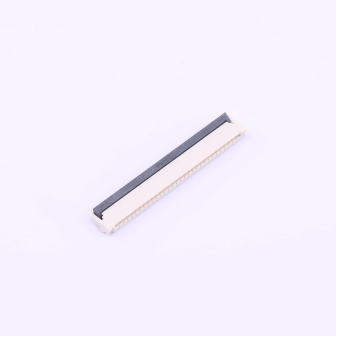
Kinghelm FPC Connector KH-FPC1.0-H2.0SMT-30P-QCHF
Vertical FPC connectors are specifically designed to connect flexible printed circuits (FPCs). Unlike traditional rigid PCB connectors, FPC connectors provide a more adaptable solution for flexible circuit connections, especially in tight spaces. Their vertical design allows for high-density placements, making them ideal for compact electronic devices that require flexible, space-saving solutions.
These connectors utilize specialized contact mechanisms like press-fit or soldering for electrical connections, providing stable signal transmission and power supply across various electronic devices.
Vertical FPC connectors offer several advantages that make them a go-to choice for modern electronic designs:
1. Space-Saving Design: The vertical mounting design helps maximize internal space, which is essential for compact devices with limited room for components.
2. High Flexibility: Due to their flexible nature, FPC connectors can accommodate various complex design needs, including bending and multidirectional connections.
3. Strong Reliability: These connectors are designed to withstand vibrations, shocks, and harsh environments, ensuring reliable performance under challenging conditions.
4. High-Speed Data Transmission: With precision engineering, vertical FPC connectors offer excellent signal integrity, making them suitable for high-speed data transmission applications.
5. Simplified Assembly: The design of vertical FPC connectors simplifies the assembly process, reducing installation time and costs.
Vertical FPC connectors are used across several industries, proving their versatility and reliability in various applications:
1. Consumer Electronics: Smartphones, tablets, laptops, and other devices use vertical FPC connectors to link components like displays, mainboards, and batteries.
2. Telecommunications: Vertical FPC connectors are widely used in communication equipment such as base stations, routers, and network devices to ensure reliable signal transmission.
3. Automotive Electronics: With the rise of smart automotive technologies, vertical FPC connectors are essential for connecting components like infotainment systems, navigation modules, and control panels in vehicles.
4. Medical Devices: In portable diagnostic equipment, surgical robots, and wearable health monitors, vertical FPC connectors provide the compact, reliable connections necessary for these devices.
5. Industrial Automation: Robotics, sensors, and control panels rely on vertical FPC connectors to provide stable and accurate electrical connections in demanding industrial environments.
When selecting vertical FPC connectors for your project, designers should keep the following factors in mind:
● Electrical Requirements: Ensure the connector meets the current and voltage needs of your device to guarantee reliable performance.
● Durability and Reliability: Consider factors like vibration resistance, moisture protection, and temperature tolerance, especially for use in harsh or industrial environments.
● Size and Compatibility: Ensure the connector fits within the available space, taking into account pin pitch, installation orientation, and other design considerations.
● Signal Transmission Speed: For applications requiring high-speed data transfer, choose connectors with low signal loss and strong anti-interference capabilities.
As electronic products become increasingly advanced, vertical FPC connectors are expected to evolve to meet the growing demands of miniaturization, speed, and reliability. Future developments in manufacturing techniques and materials will likely lead to even smaller, faster, and more durable connectors.
With the rise of 5G, IoT devices, and other high-tech innovations, vertical FPC connectors will play an even greater role in facilitating efficient and stable connections across a wide range of industries.
Vertical FPC connectors are indispensable in modern electronic design due to their flexibility, reliability, and compact nature. As electronic technology continues to advance, these connectors will keep evolving to support the ever-growing demand for smaller, more efficient devices. By understanding their applications and benefits, engineers and designers can make informed choices that enhance product performance and meet future technological needs.
Whether you're designing consumer electronics, automotive systems, medical devices, or industrial machinery, choosing the right vertical FPC connector is essential to ensuring the success and longevity of your product.
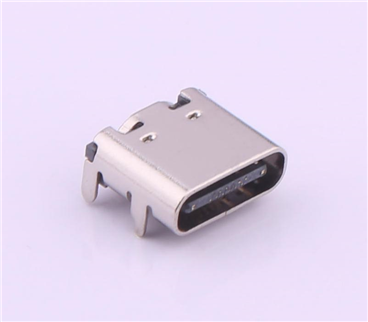
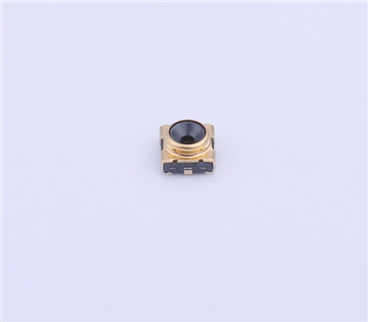
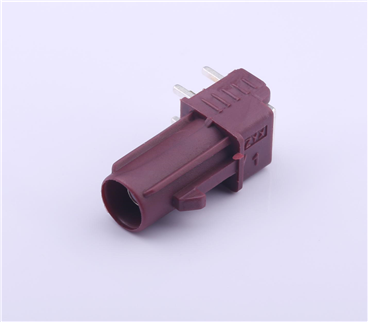
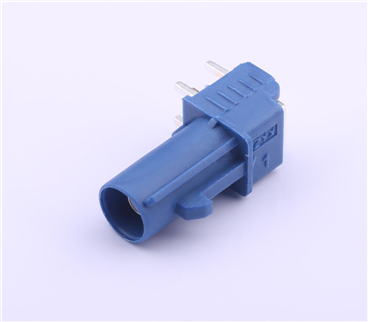
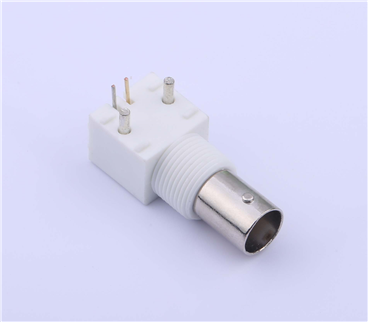
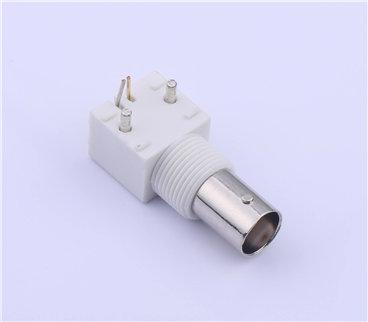
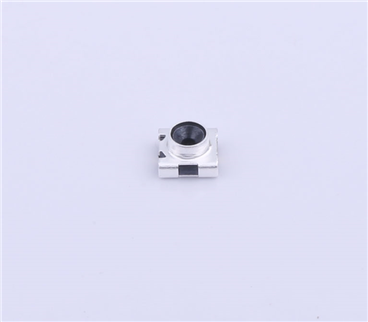
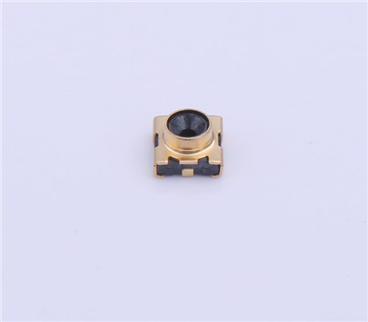
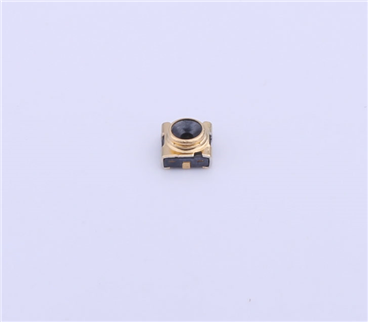
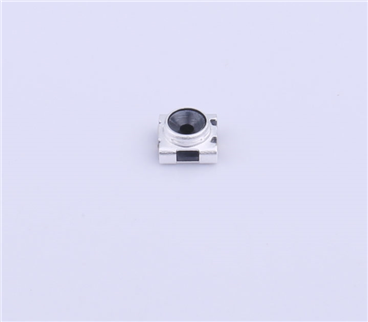
Copyright © Shenzhen Kinghelm Electronics Co., Ltd. all rights reservedYue ICP Bei No. 17113853